We recently connected with Rajarshi Bhattacharjee and have shared our conversation below.
Hi Rajarshi, thank you for being such a positive, uplifting person. We’ve noticed that so many of the successful folks we’ve had the good fortune of connecting with have high levels of optimism and so we’d love to hear about your optimism and where you think it comes from.
As a psychotherapist who works with people struggling with addictions, I often meet them at their darkest times.
Many of my clients feel like they are held hostage by their addictions. They feel the pressure from work and to always be on top of everything. They feel alone in their lives and relationships.
As a result, many try to run away from the pain to things like alcohol, drugs, gambling, or food to make them feel better. Soon, however, instead of bringing a sense of relief, these behaviours and substances start controlling their lives. They feel trapped.
Many times, we concentrate so much on the darkness of addiction that we forget how, every day, people are changing their lives.
Every time I see people overcome their challenges, learn new ways to cope with challenging situations, and take control of their lives again, I am fueled by optimism.
People are capable of doing extremely hard things. We are more powerful than we often realize.
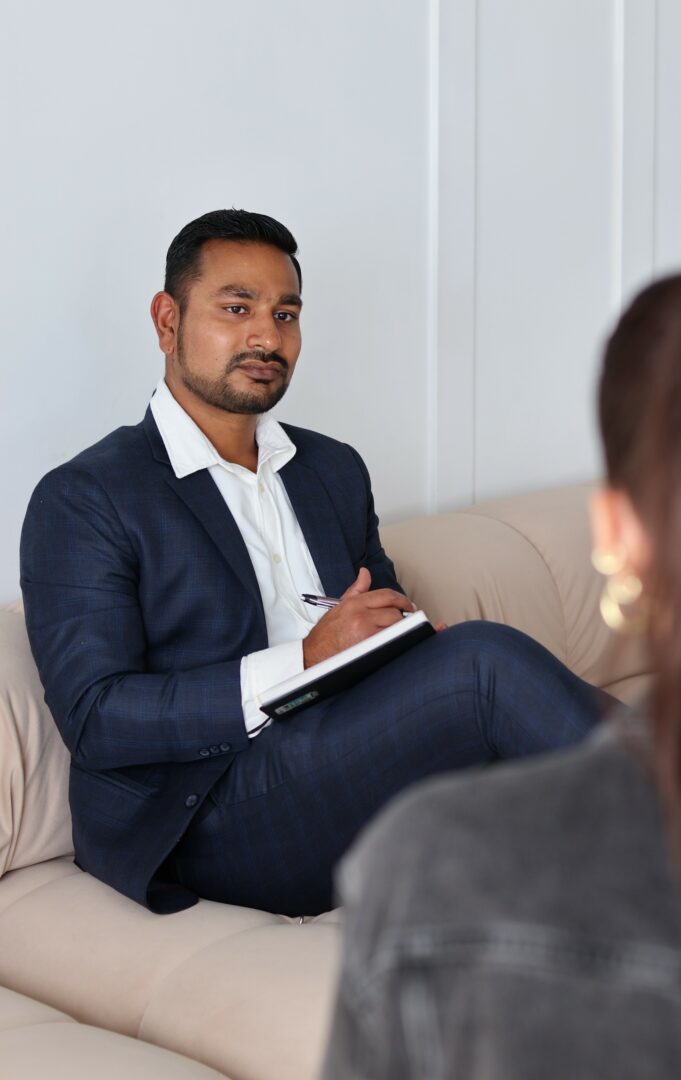
Thanks, so before we move on maybe you can share a bit more about yourself?
I am Raj Bhattacharjee, the Founder and Director of Clinical Services at Radiant Mind Recovery, a holistic addiction treatment program that offers a fresh and comprehensive approach to recovery. In Canada, I had the privilege of working with Ontario Health to implement virtual addiction programs, and I’ve also spent years working directly in recovery facilities. These experiences have allowed me to understand the best practices and evidence-based tools that support individuals on their recovery journey.
What excites me most about our work at Radiant Mind Recovery is our holistic approach. Addiction recovery is not just about addressing the physical symptoms; it’s about healing the whole person—emotionally, mentally, and physically. We integrate techniques, from mindfulness and breathwork to nutritional guidance and emotional regulation strategies, to help people build sustainable, long-term recovery.
In addition to my work in Canada, I had the unique opportunity in India to collaborate with His Holiness, the 17th Karmapa of Tibet, Ogyen Trinley Dorje. Together, we prepared material for a book that merged the ancient practices of Tibetan Buddhist psychology with modern evidence-based psychotherapy. This experience profoundly shaped my understanding of the role of compassion and mindfulness in mental health.
At Radiant Mind Recovery, we are constantly evolving to meet the needs of those we serve. We’re excited to announce that our next program begins on October 21st, 2024. We continue to offer flexible, virtual treatment so that individuals can access the support they need from the comfort of their homes.
If you are looking for a recovery program that embraces a compassionate, whole-person approach to healing, Radiant Mind Recovery could be the transformative step you’re seeking. Our program is designed to meet you where you are and help you navigate a path toward lasting recovery and personal growth.
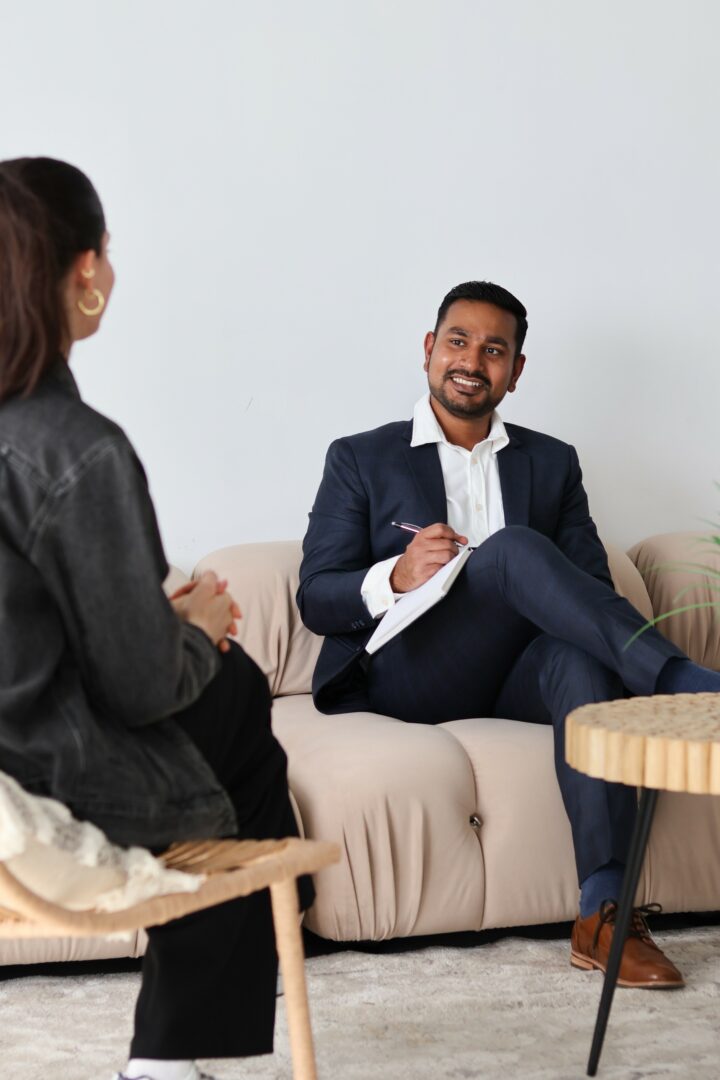
If you had to pick three qualities that are most important to develop, which three would you say matter most?
Many of us are so accustomed to being the biggest supporters of others and the harshest judges of ourselves that extending compassion to ourselves can feel hard. This sure was true for me.
However, self-compassion is the core component of working with emotions like shame and never feeling like we are enough.
When you take the time to get to know your triggers and learn tools to work with heavy emotions, you can take steps to change your life. Therapy is a good place to start.
Also, When you know how to support your journey with nutrition, we can take a truly holistic view into healing.
A supportive community is important for letting go of old pain and changing your life.
For me, having the curiosity and willingness to look at my triggers has been a cornerstone of my healing journey and my journey as a mental health professional.
I believe that we professionals, too, need to work on our own triggers and go on our own healing journeys first so that we can be there for others.

Who is your ideal client or what sort of characteristics would make someone an ideal client for you?
People come to Radiant Mind Recovery when they feel that they are struggling, out of control and trapped in their patterns.
Our online addiction recovery program empowers people to get their lives back. During our 6-week intensive program, people can work with their triggers and their cravings whilst in the safety of their own homes.
Getting to rehab is difficult. Many of the present facilities are difficult to get into, and the waitlists can often be long.
With the Radiant Mind Recovery program, there are no waitlists. My team and I are here to help you now. This makes recovery accessible and more affordable.
Also, people learn new ways to cope and form healthy habits from stress management to nutrition and can do deep trauma work whilst they are living their lives.
Many of us can’t leave our work and family lives to start our recovery journey. With Radiant Mind Recovery, my goal is to help individuals develop the life skills they need to transform their lives without putting their careers or daily responsibilities on hold.
Contact Info:
- Website: https://radiantmindrecovery.com/
- Instagram: https://www.instagram.com/radiantmindrecovery/
- Facebook: https://www.facebook.com/profile.php?id=61550780590123
- Linkedin: https://www.linkedin.com/company/radiant-mind-recovery/
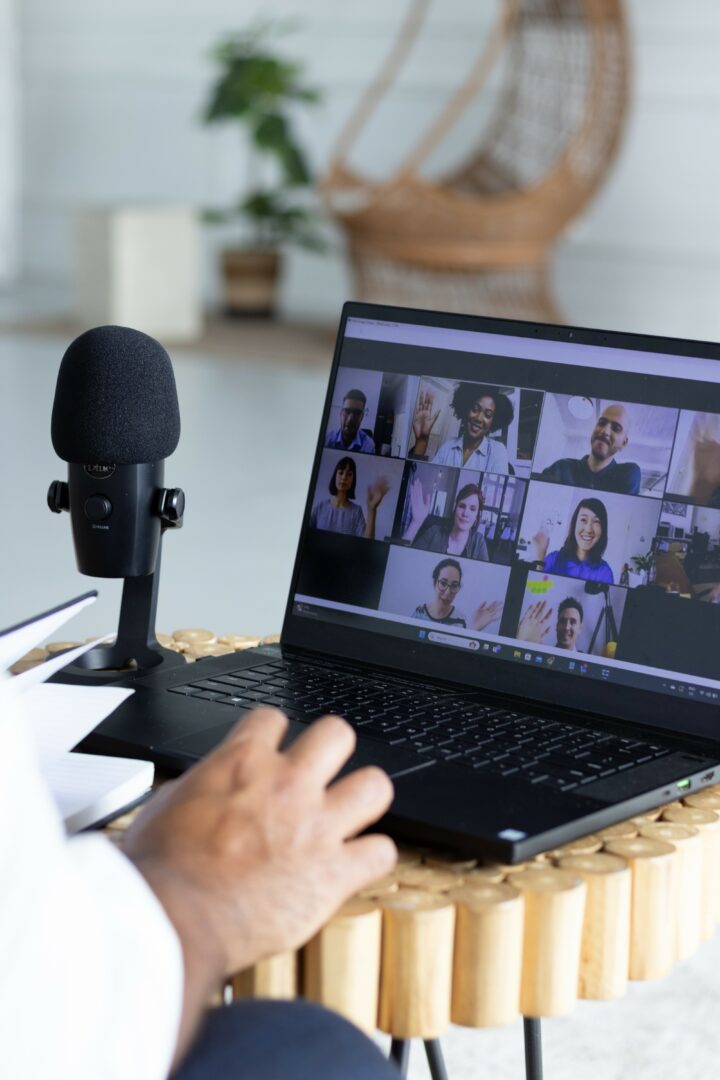
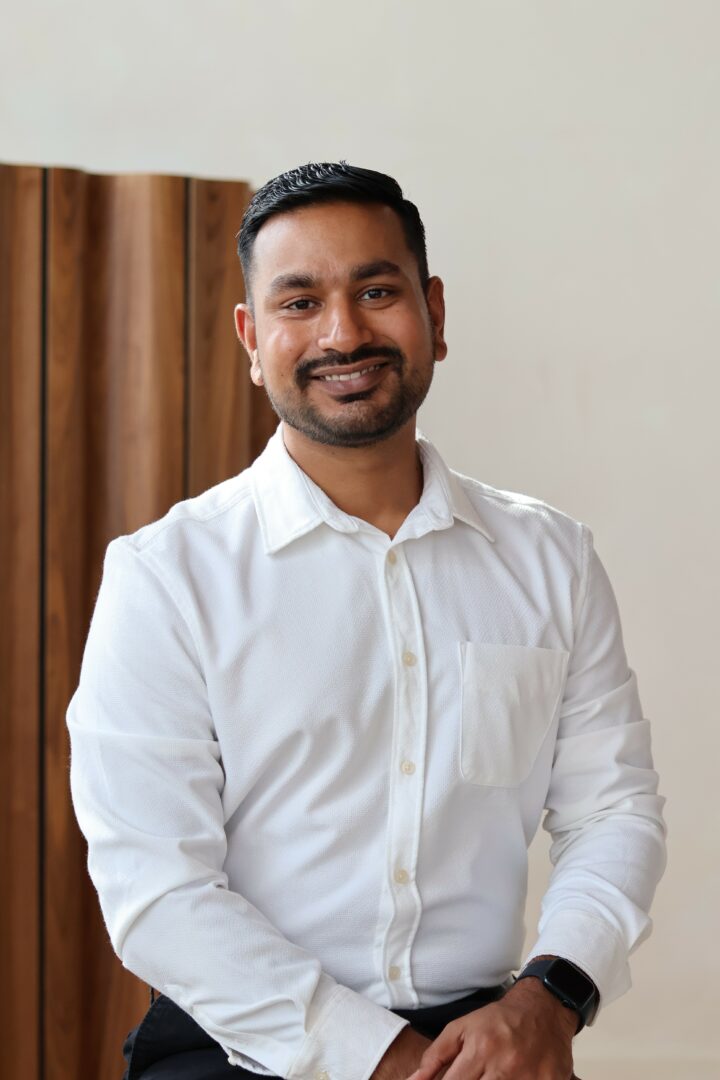
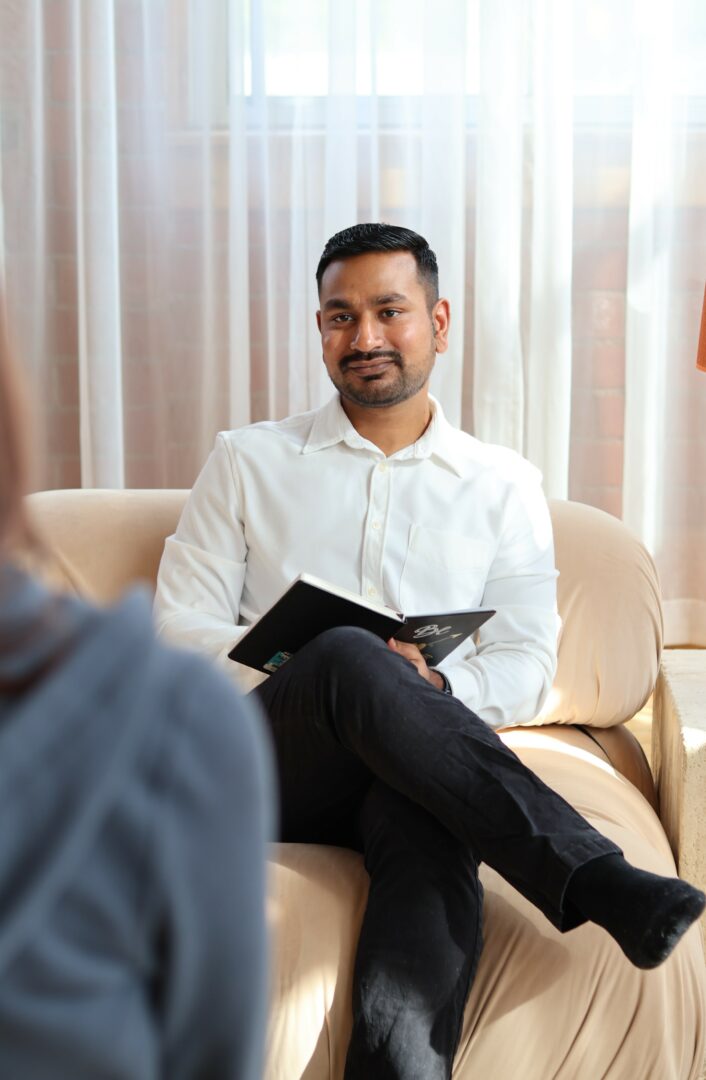
Image Credits
VVH Creative
so if you or someone you know deserves recognition please let us know here.




